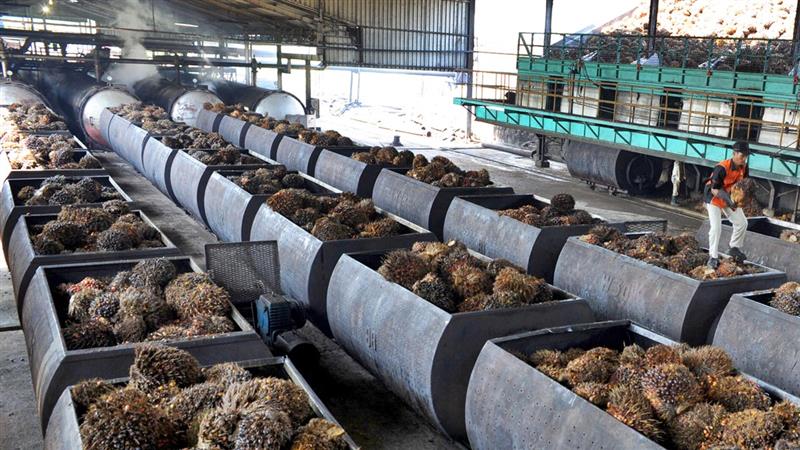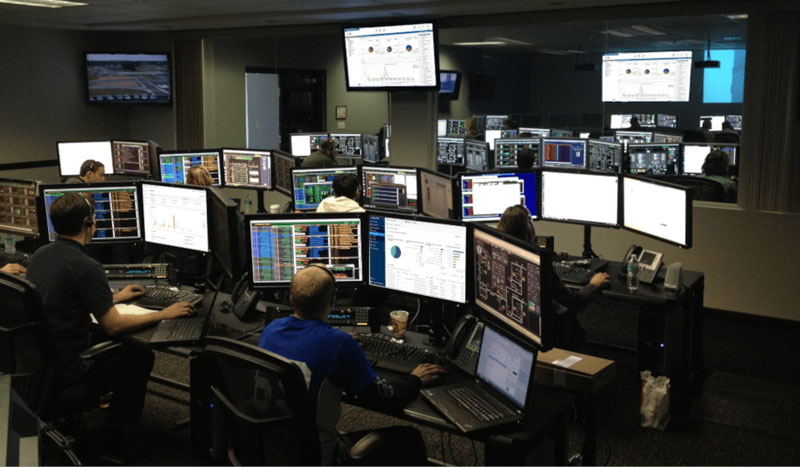Palm oil mills (POM) have propelled Malaysia's economy for decades, but still endure quiet struggles with inefficiencies, outdated processes, and unsustainable methods. To Professor Lam Hon Loong of the School of Chemical and Environmental Engineering, such "old problems" are not merely issues, but rather opportunities for revolutionary transformation.

Oil palms being collected for processing
With real-time data from industry partners, Professor Lam and his team are crafting a big data management system tailored for POM operations. Think of giving these factories a digital mind – a one that can track performance, predict breakdowns ahead of time, and work towards a more circular economy, one that better recovers energy and utilises waste.
His goal? Reconfiguring traditional mills into smart, energy-conserving powerhouses with the country's green ambitions at its heart.
Transforming Numbers into Insights
"Enabling data to do more for sustainability is our mission”, says Professor Lam. "With the proper tools, resources, and the right impetus, palm oil mills can lead the charge on compliance, innovation, energy efficiency, and low-carbon growth."
However, the impact doesn't stop in the factory. By reshaping decisions, recovering energy, and turning waste into valuable resources, Professor Lam's work is a blueprint for a more efficient and cleaner industry, in alignment with national development directives such as the Key Economic Growth Activities and the 12th Malaysia Plan.

Analysts working with digital dashboards and control systems
Through a mix of advanced data analysis, predictive modeling, and statistical process control–applied to accessible dashboards that plant managers can use, the transition from research to impact has seen better decision-making, reduced emissions, and a boost to the circular economy.
It also enables palm oil mills to turn previously discarded biomass and by-products into valuable resources, reintegrating them into the economy as bioenergy, compost, or raw materials, aligned with visions towards greater sustainability considerations.
Beyond application in POMs, advancements in process design and integration also have the potential to positively impact other industries and workflows by uncovering new opportunities for digitalisation and modernisation.
For UNM, it is also a beautiful demonstration of how research boundaries go beyond the laboratory and into the real world, for the betterment of all.
This research presents a congruence of big data and sustainability, allowing society, businesses, and government alike to chart a green and innovative future, one byte at a time.